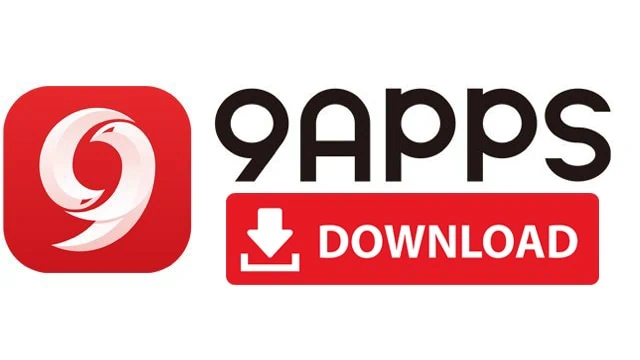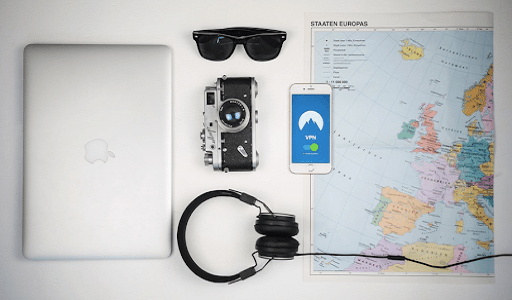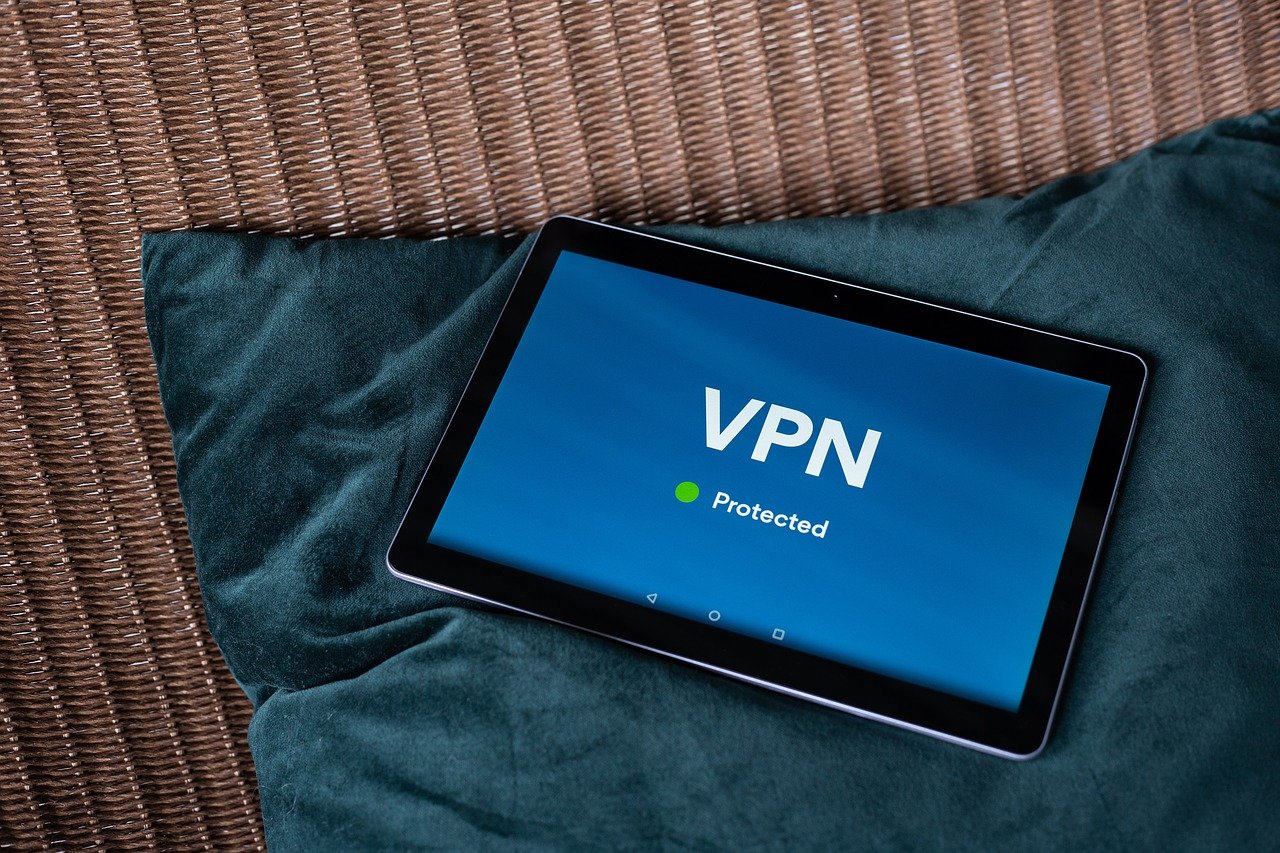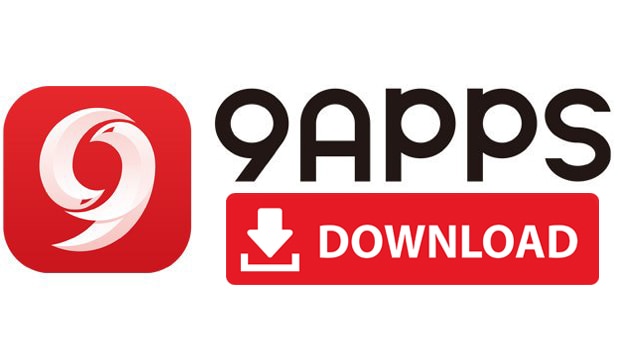Healthcare Application Development: The healthcare industry is in advancing mode. It is evident from the deep penetration of technologies in healthcare to create more innovative health services for people. Previously, it was one of the fields that were slow in adopting rapidly evolving technologies.
However, recent times have shown that some significant steps are being taken to make the healthcare sector more tech-friendly.
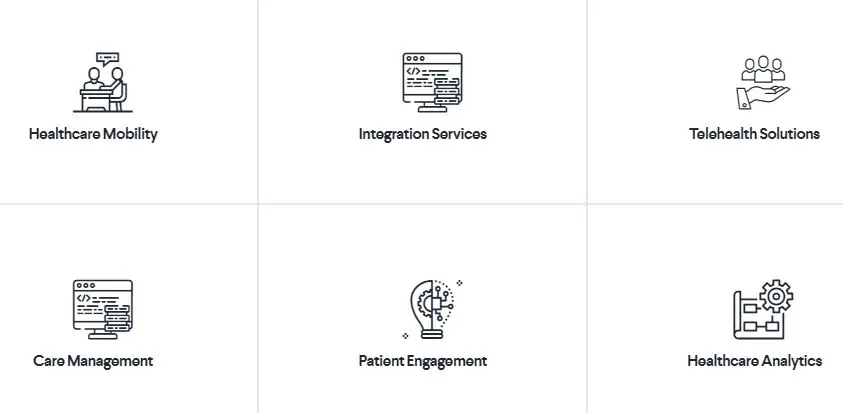
Why are breathtaking changes in the healthcare industry in demand now? The answer is that the world is (and will) going through a tough phase due to the havoc played by the coronavirus.
In such a scenario, it becomes prudent to refurbish health facilities by opting for a pioneering healthcare app solution. It will, in turn, help people to adapt to a changing environment easily.
It is a known fact that only the fittest can survive in a difficult situation. So, healthcare workers have to embrace new technologies to maintain their relevance in the coming future.
Contrary to what most people fear that these technologies (and their robots) will take away their jobs, they will bring more benefits in the medical field by bringing more people into its fold to create a platform most fashionable. That’s it.
So in the given article, there will be a detailed description of the advantages these technologies will bring in the form of healthcare application development in front of the people.
Techs Breaking Healthcare Barrier
Today, healthcare application development companies are seeing a significant leap of faith in their services. Why? It is because they have confirmed the view that- ‘technology and human must work together to offer better healthcare facilities to the common people.’
The new technologies will help in breaking barriers between patients and medical personnel. Besides, it will assist in the creation of faster, more efficient, and more affordable medical solutions, even for highly contagious diseases such as COVID-19.
To serve the given purpose, the given article will explore nine path-breaking technologies that will reshape healthcare services most appropriately:
Artificial Intelligence is the Way to Redesign Healthcare Sector Completely
There is no industry (even healthcare) that has not implemented Artificial Intelligence (AI). It has the potential to change the working of any sector significantly. How can AI be utilized in the healthcare sector? No need to worry as AI can find its usefulness in the healthcare sector in many ways:
- Diagnosis of eye diseases (like glaucoma, and diabetic retinopathy) to prevent retinal degeneration
- Interpreting echocardiograms performed on patients to prevent heart ailments
- Identifying symptoms of skin cancer with high accuracy
In recent times, it has found utilization in finding a cure for the Ebola virus that has created havoc in Western Africa. With assistance from AI, medical researchers have found two new medicines that have made Ebola less contagious.
Virtual Healthcare is going to be a New Norm in the Healthcare Industry
It is commonly known by the name telemedicine and has become a craze in offering remote healthcare services to serve both patients and doctors. Moreover, it has been made possible through the use of technology, such as mobile apps and video conferencing.
Furthermore, the arrival of wearable technology has changed the way of taking health updates patients by the doctors. With such technology at the helm, it becomes easy to monitor even minute changes in the health of the patients. Even more, they can also easily share their health data with their physicians in the most appropriate manner.
Why are patients opting for virtual care? The reason is that virtual healthcare is easy to utilize, cuts short the travel time, and is convenient in nature making it their first choice to get better healthcare.
Healthcare Sector is Working in the Nanotechnology Age
The current situation demands the application of nanotechnology for effective healthcare software development, and no healthcare professional can deny it. They are capable of bringing substantial improvement in the drug delivery system, and can even become a companion in assisting surgeons in complicated operations.
In addition, they have succeeded in diagnosing, treating, and preventing the spread of many infectious and lethal diseases. How is it possible? It is due to their precise targeting system. Thus, nanotechnologies have paved the way for combating or treating complex diseases such as cancer in the best possible manner.
Likewise, more future development in the given technology will see the rise of nano-surgeons that will help in saving the life of a large number of people efficiently.
Virtual Reality will become an Integral Part of the Healthcare Sector
People often mistake attaching virtual reality (or VR) only to the entertainment industry. But it is not always true. In fact, it is as useful for healthcare services also! How?
VR is creating waves in the given sector as it offers a multi-sensory and immersive experience that will help both patients and doctors to reap benefits from it. With VR, it is possible to:
- Provide training to future surgeons in a realistic way simultaneously with actual surgeons to practice their operation skills in a low-risk and virtual environment with great efficacy
- Offering rehabilitation for patients suffering from acute pain and with mental disorders such as anxiety attacks
The VR healthcare market is expected to grow to more than $250 million in 2022 from a paltry $9 million in 2017, and the reason is that it is the least expensive and the best tool that can be used for treatment, as well as training.
Healthcare Sector Offers New Prospect for 3D Printing
While 3D printing has found usage in numerous markets, it is the healthcare sector that has the most benefit from it. The given technology has created wonders in refurbishing the medical industry by offering creative prototypes of human organs such as blood vessels, artificial limbs, and bio-tissues that too at an affordable price.
There are various examples where 3D printing has proved its worth in offering healthcare facilities to people living in pathetic conditions. First is offering 3D-print prosthetics for people residing in war-torn areas or living as refugees. The second example is the development of 3D print realistic skin (that comes with blood vessels) to create a suitable environment for skin grafts for people who have suffered burns. Healthcare Application Development.
Thus, the implementation of 3D printing is calling for a revolution in various sectors. Some examples are organ transplant and repairing of ligaments and tissue, which was otherwise a hectic task even for a well-experienced surgeon.
Robotic Surgery will Decrease Death Rate in Operation Theater
Robotics is one technology that must watch out for in the healthcare industry. Besides surgical robots that are in great demand, the arrival of COVID-19 has also seen the implementation of disinfectant robots. These robots have prevented the spread of coronavirus on a larger scale.
What’s more, the future of robotics in healthcare app development has gotten a major boost in the form of the development of exoskeletons. How they can be useful? The exoskeleton has proved its caliber in providing relief to patients suffering from neurological disorders and stroke. Not only it has enhanced their quality of life, but it has also brought success to their rehabilitation procedure.
Also, people with mental health issues and children suffering from chronic diseases are being supported by offering them companion robots. They come with microphones and touch sensors that assist them not only to update their medication time but also to remove their loneliness.
Greater Access to Genome (or DNA) Sequencing
Previously, when one asks for complete genome sequencing, it would have cost a whopping amount, followed by a time-consuming process. But it is not the case anymore. With the continuous advancement in technology, it has now become so much more cost-effective that the future is not far away when genetic tests will be cheaper than one’s blood test.
Therefore, a DNA sequencing test comes with great potential. It will help a patient to get access to valuable info about drug sensitivity, and health conditions. What’s more, they will get info about their family history and which disease they will likely get in the future. Healthcare Application Development.
One notable example is in the healthcare sector where genome sequencing is being used in dietetics. One USA-based startup called Habit reviews the genetic codes of their customers and then offers modified diets that will suit their health condition in a better way.
Augmented Reality will Assist Patients in Remain in Touch with Reality
Two crucial differences put AR more crucial for healthcare than VR. First, people remain in reality, and second, essential information is presented in front of their eyes at a swift pace. With the presence of such features, AR has become a building block for the future of healthcare, both for patients and healthcare providers.
Furthermore, for medical professionals who are preparing for their medical thesis or want to make their career in the medical field, AR is already proving its worth. It is offering them an environment where they can practice real-life operations in a better way, thus enhancing their proficiency.
So, AR is also collaborating with VR to make the study of the medical field easy and effective. Respectively, there shall be the creation of qualified and trained healthcare professionals that will take care of healthcare for patients, even during COVID-19.
Tech Ensure High-Scale Production & Development of New Vaccine
The recent COVID-19 crisis has shown that whatever prosperity is achieved by mankind, it is nothing if they can’t find solutions for new problems (new drugs in the current scenario). In such a case, focusing on technology will bring notable achievement in improving healthcare and saving the lives of millions of people.
In older times, the production and development of drugs took a long time. But for now, technology has made clinical trials for a new vaccine swift by taking the procedure to next level sooner. What’s more, the arrival of computer simulations has allowed researchers to test the newly developed vaccine on patients via virtual mode.
Even pharmaceutical companies are at an advantage as they can acquire new data to improve the existing drugs and make the treatment more fruitful, especially in the wake of the coronavirus going mutation phase.
Final Thought
So, the advent of digital technology in the healthcare sector has made the life of patients easier than ever before. The given technologies have changed the way one thinks about the healthcare sector. Besides, it has made the availability of health services faster, more convenient, and more accurate.
Therefore, healthcare management must focus on searching for more new technologies to prepare healthcare services to cope with any challenges in the future and make them available to patients even in remote locations.
Would you like to read more about healthcare application development-related articles? If so, we invite you to take a look at our other tech topics before you leave!
![]()







